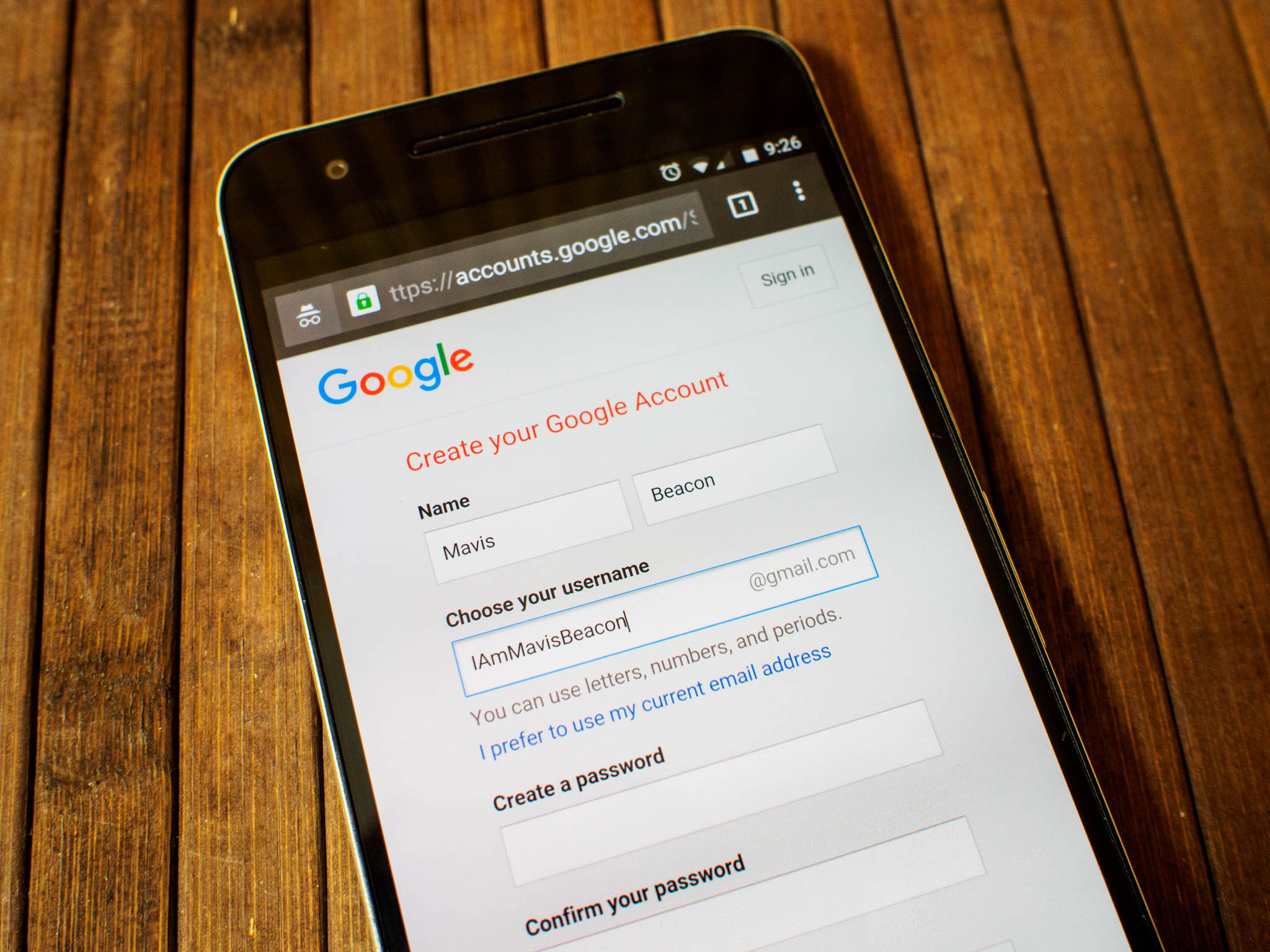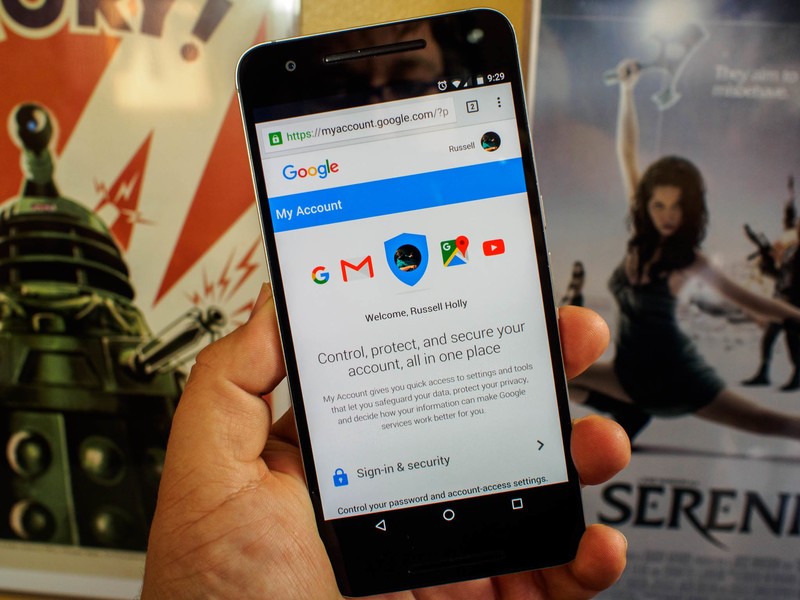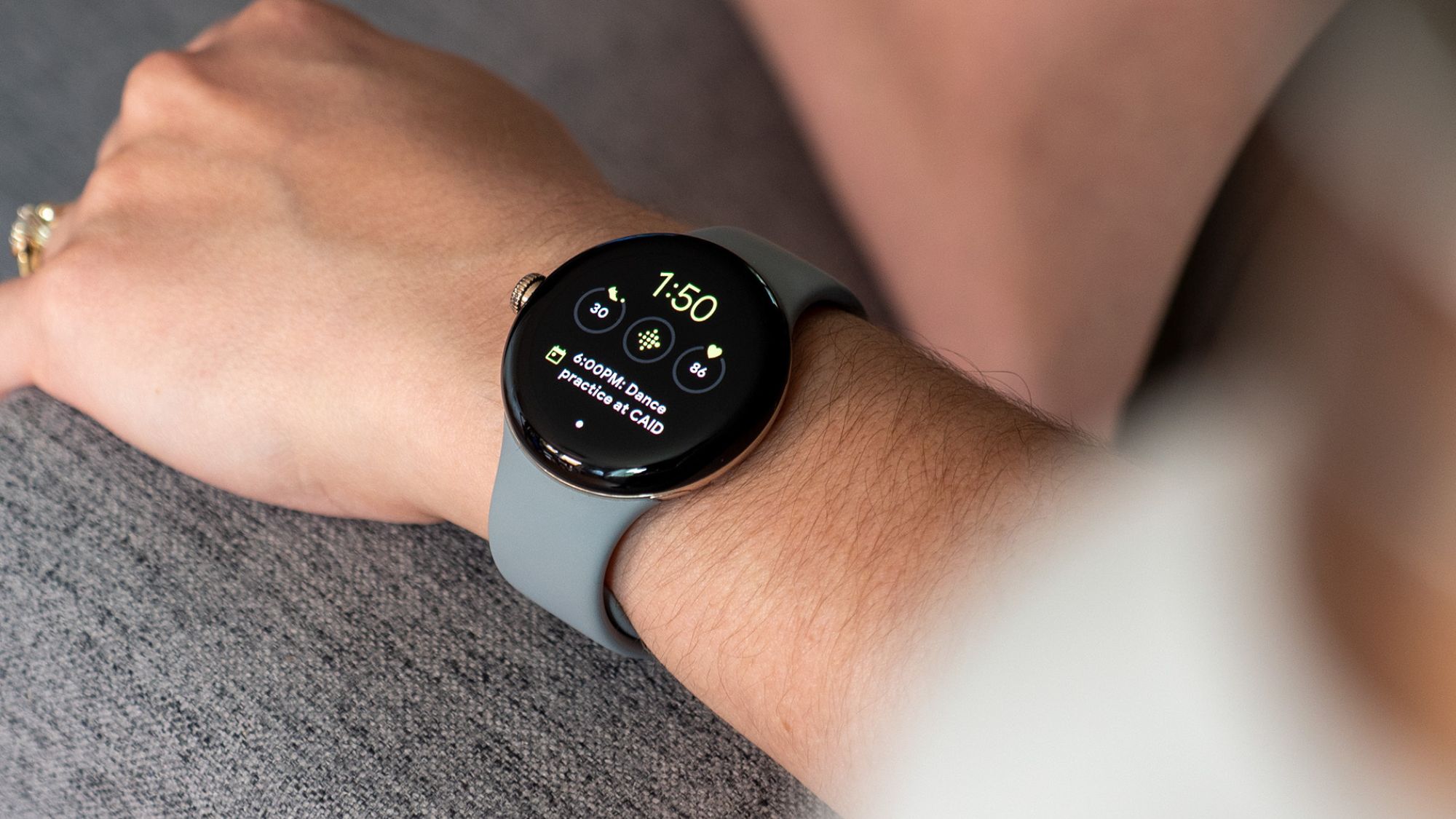Your Gmail account is not a spy tool for Google

Online security and safety is a topic everyone should be thinking about on a regular basis, especially when so much of our online activity is happening through a smartphone. The way we secure our phones, the way our phones are updates to remain secure, and the way the online services we rely on secure the information we share are all important things that deserve regular auditing from users. This isn't a foil hat issue, it's important to be aware of where your data lives and how it is being accessed and used.
Recently we saw a fantastic question pop up in our forums about the way a Gmail address is set up and used, and it's a question that deserves a thorough answer.
Our Note 5 forum recently had a conversation about the contents of your Gmail address, specifically whether you should include your real name when creating a Gmail address. The concern is natural: if you're using your real name online it could make tracking your behavior easier, especially when you attach things like your location, phone number, and in many cases even banking information to that single email address.
This quickly lead to a brief conversation on using fake email addresses or secondary anonymous accounts to gain access to services in order to keep these companies from building a more complete profile on you as a user. It's a legitimate concern to have in general if you're interested in trying to remain anonymous online. Google isn't perfect, and your personal safety should be audited across your Google services just as frequently as anywhere else, but there are a few things about your Google account to keep in mind when discussing your personal security.

The first thing to address here is the contents of your email address. Google's services — meaning the parts that collect data — don't actually see the letters that make up words in your email address. When you use your account, Google's services see a separate anonymous alphanumeric identifier. No Google robot is going to see you making purchases and try to sort out what your real name is based on the name you selected. You could use MyNameIsTylerDurden@gmail.com and Google's service still wouldn't try to associate your address with your real name. You can choose to provide more information to your Google account, but it's not a requirement.
Google's services rely on combining keywords from your activity and guessing based on a massive pile of previous actions from millions of other anonymous users.
Because Google assigns a random identifier to the information they track, providing a secondary or fake email address is entirely pointless. In fact, there's a greater chance the cool things Google does with prediction or auto-fill will work noticeably worse for you if you go this route. Google's services rely largely on combining keywords from your activity and guessing based on a massive pile of previous actions from millions of other anonymous users to serve up what you want. When you split that information between multiple accounts, the guesses become less accurate.
It's also important to remember Google is incredibly transparent about all of this. Google's privacy policies are available for anyone to read, and users have a massive amount of control through your account settings to get the exact experience you want from Google. There's no need to deploy stealth tactics to get around imaginary fences here, but it is always a good idea to take a look at what can be done and exercise your right to be safe on the Internet.
Get the latest news from Android Central, your trusted companion in the world of Android

